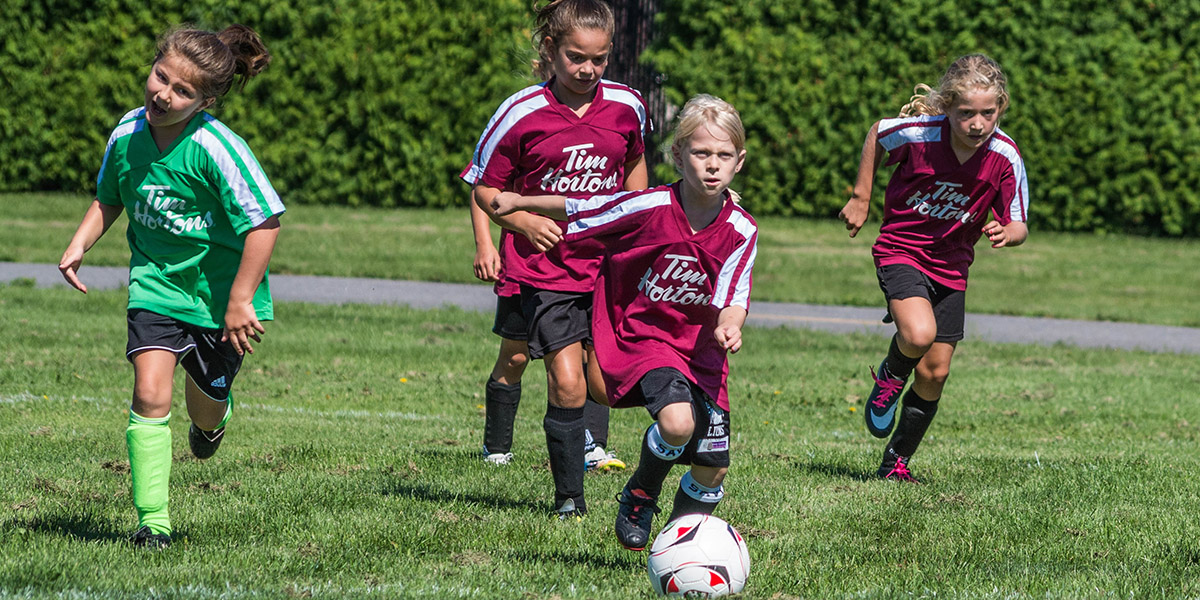Parents and children who share regular family meals are known to have better health and diet quality than those who have family members that eat at separate times. However, the schedule of team sports or other enriching organized activities for children can make it difficult for families to eat together.
Researchers with the School of Public Health (SPH) studied whether parents think a child’s participation in organized activities interferes with family meals and how these perceptions were related to the household eating environment. Their findings were recently published in the Journal of the Academy of Nutrition and Dietetics.
Researchers analyzed Project EAT survey data from 389 parents who had one or more children involved in an organized activity. Approximately 33% of households had a child ages 2-5 years and no older child while two-thirds of households had at least one school-aged child (6-18 years).
The study found:
- among parents with children of any age, moderate to high interference was associated with lower family meal frequency, greater difficulty scheduling family meals, and more fast-food intake;
- the perception of moderate to high meal interference was more common among parents who reported involvement in both sport and non-sport activities;
- moderate to high interference was also more often reported by parents with a school-aged child versus those with only preschool-aged children.
“Our findings indicate a need for additional research addressing how school districts, city-level departments of parks and recreation, and other providers of organized activities can best support families in eating meals together,” says study lead Nicole Larson, a nutritional epidemiologist and registered dietitian.
To support family meals, Larson recommends providers of organized activities schedule meetings and events at times other than those when families typically consume meals and to avoid serving large snacks that might take the place of a meal. Larson also suggests that parents and their children prepare meals in advance so they can be easily heated and served on the day of an activity or prepare meals that can be easily transported and eaten together just before an organized activity.
Dianne Neumark-Sztainer, a professor in SPH, was a principal investigator on the study.

